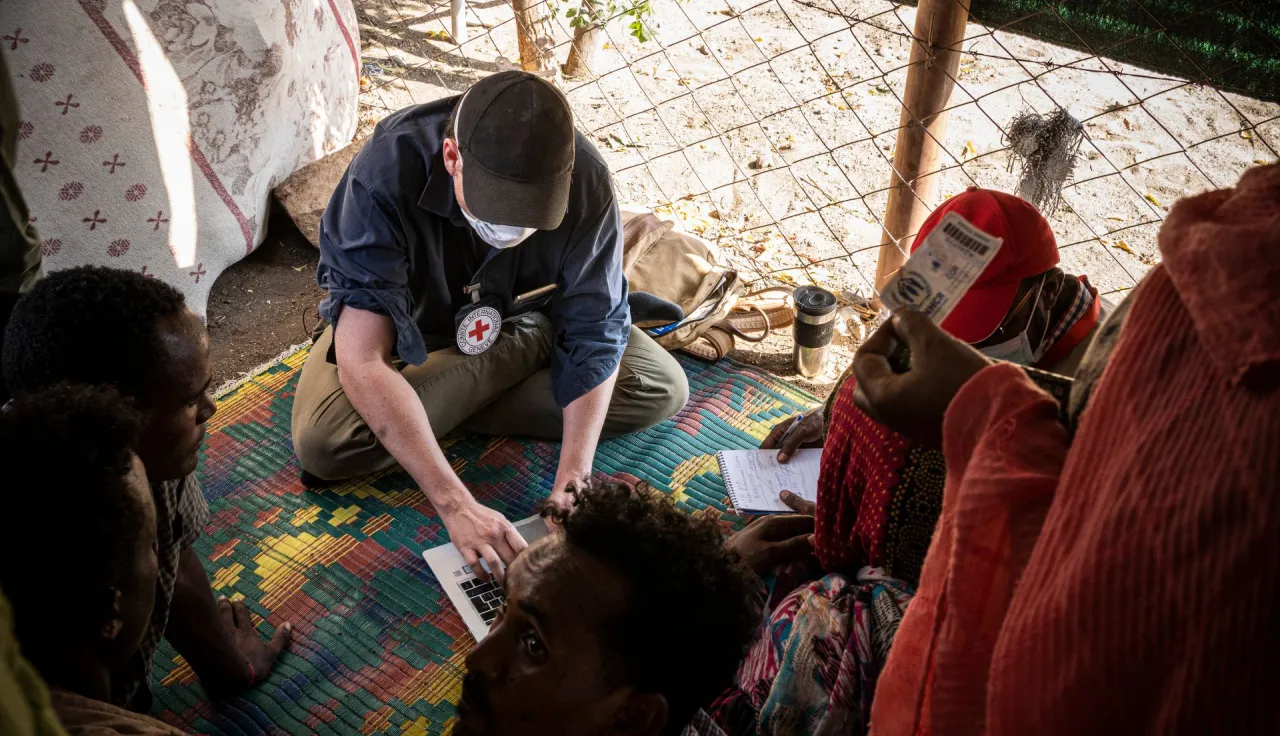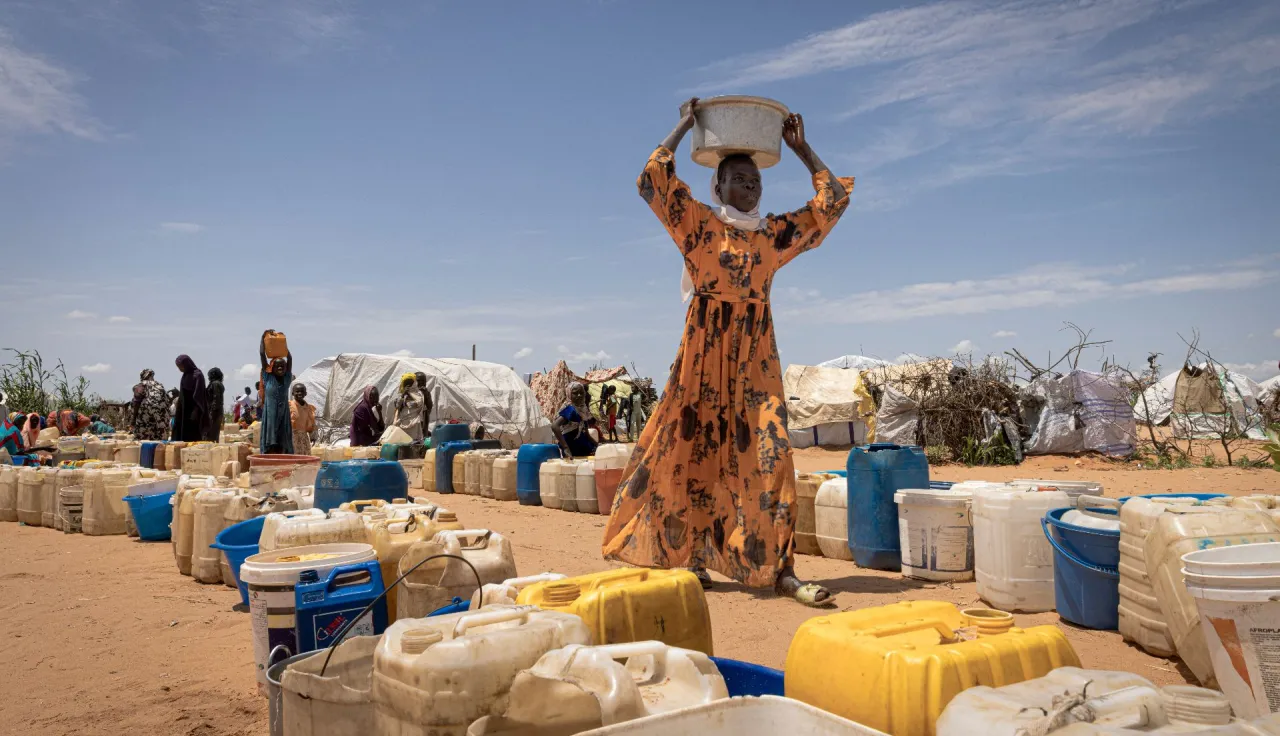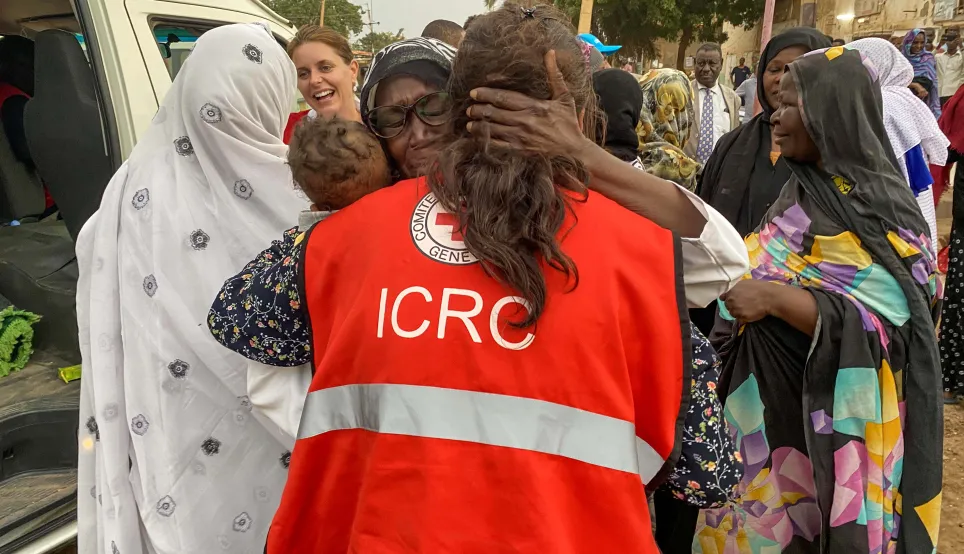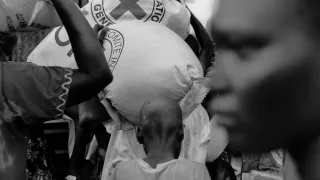Our work in Sudan
Our work in Sudan, carried out independently or in cooperation with the Sudanese Red Crescent, includes supporting hospitals and health facilities with equipment and supplies, working with local water authorities on improving people’s access to clean water and supporting the authorities who provide rehabilitation services for people with disabilities.
We provide displaced people in conflict-affected areas with emergency assistance, distribute seeds and tools to farmers and vaccinate pastoralists’ livestock against diseases.
We help families separated by conflict or displacement keep in touch with their loved ones, and we have facilitated the release of detainees at the request of the parties and supported them with some basic assistance, such as clothes and other essential items, for their return to their area of origin.












